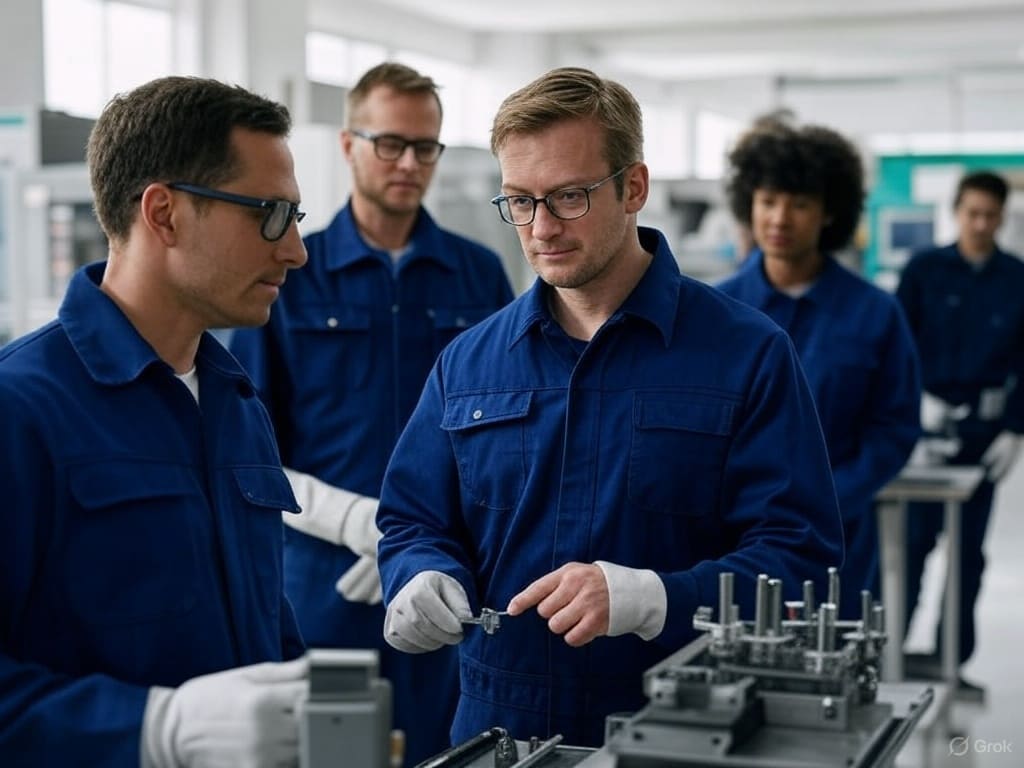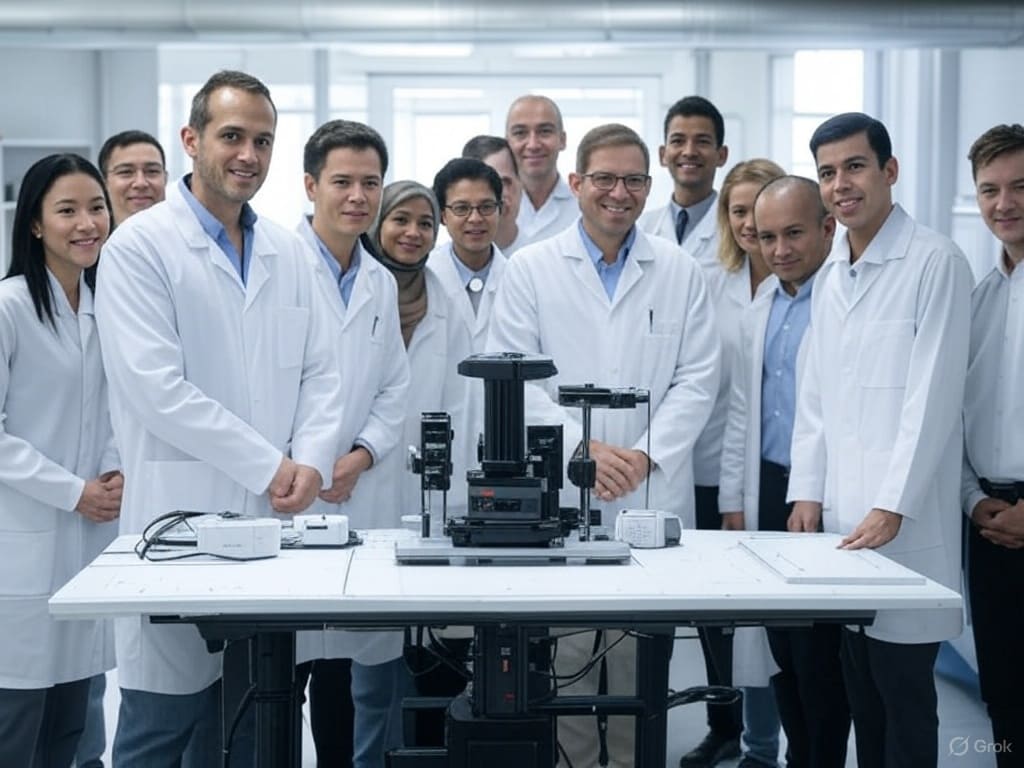The Role of Metrology in Modern Manufacturing
As manufacturing processes become more complex, the role of metrology has expanded beyond traditional measurement techniques. In smart factories, real-time data collection and analysis enable manufacturers to detect deviations early, reducing material waste and production costs. The integration of AI-driven metrology allows predictive maintenance, ensuring equipment operates at optimal efficiency and minimizing downtime.
Furthermore, non-contact measurement methods, such as 3D scanning and machine vision, have revolutionized quality control, allowing for faster and more accurate inspections. These innovations are particularly critical in industries where even the smallest defect can lead to significant performance issues, such as medical device manufacturing and semiconductor production.

Standardization and Global Compliance
Global manufacturers must adhere to international metrology standards, such as ISO 17025, to ensure accuracy and interoperability. Compliance with these standards facilitates seamless collaboration between suppliers and manufacturers across different regions. Organizations like the International Bureau of Weights and Measures (BIPM) and the National Institute of Standards and Technology (NIST) play key roles in establishing and maintaining these global measurement frameworks.
Future Trends in Metrology
The future of metrology is being shaped by advancements in automation, artificial intelligence, and cloud-based measurement systems. Smart sensors and IoT-enabled devices provide real-time feedback, allowing manufacturers to make data-driven decisions with greater precision. Additionally, digital twin technology—where virtual models of physical products are created—enhances metrology applications by simulating performance and identifying potential defects before production even begins.
As industries continue to embrace Industry 4.0, metrology will remain at the forefront of innovation, ensuring that products meet the highest standards of quality and reliability. The ongoing evolution of measurement science will not only enhance efficiency but also drive new breakthroughs in global manufacturing.


